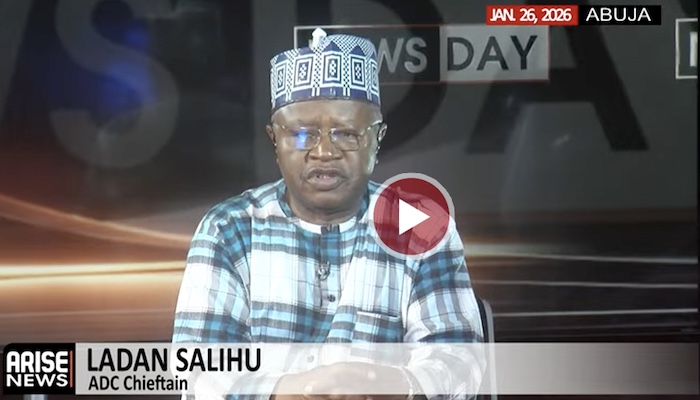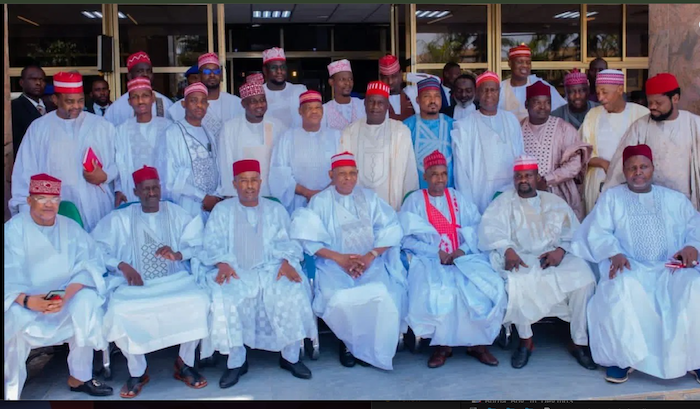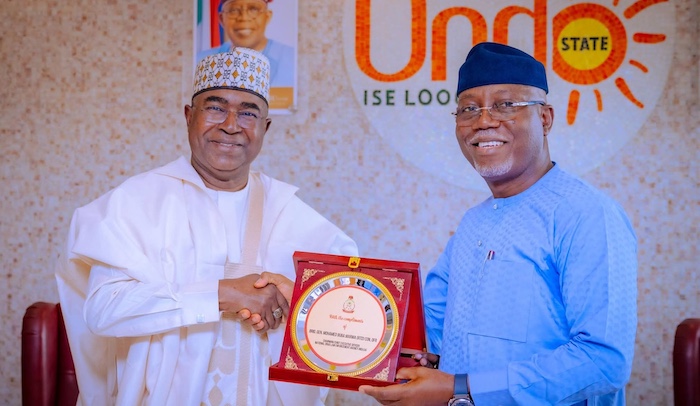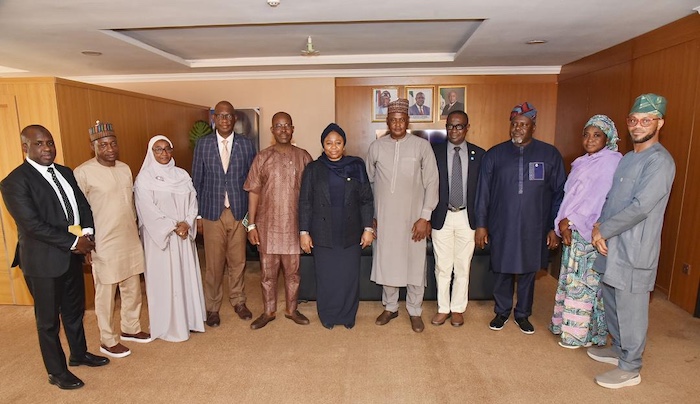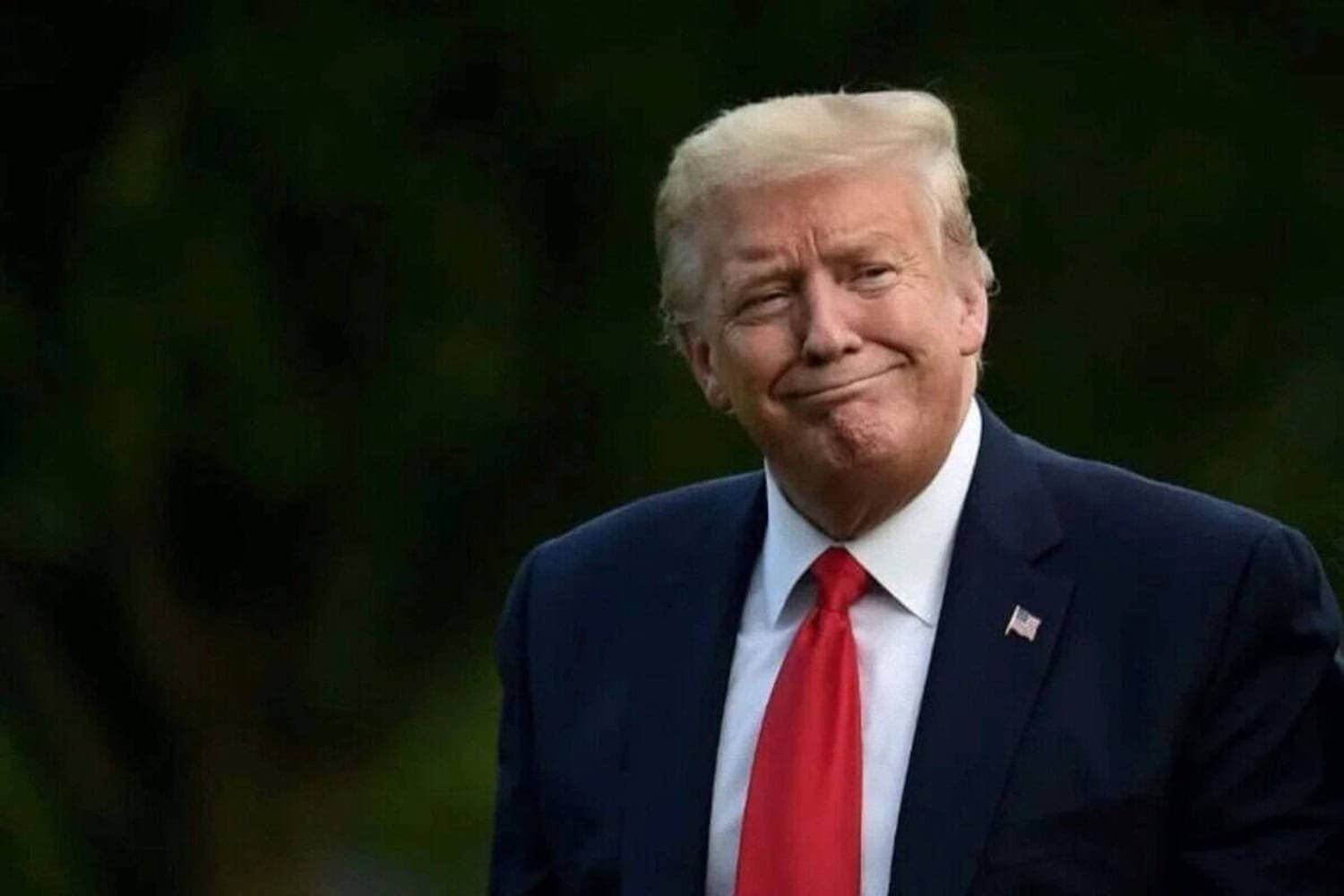
Tensions are getting worse between the United States (US) and South Africa, has the White House has accused President Cyril Ramaphosa of undermining G20’s founding principles.
This follows after South Africa denied a last minute request from the US to accommodate embassy officials to attend the last day of the two day gathering of world leaders, and also have them participate in the handover ceremony.
Ramaphosa is supposed to handover the G20 presidency to US President Donald Trump, as the country is the next chair. However, International Relations Minister Ronald Lamola said Ramaphosa would not hand over the G20 presidency to a junior official.
Undermining G20’s founding principles
Reuters reported that the White House is saying South Africa is “refusing to facilitate a smooth transition of the G20 presidency”.
“This, coupled with South Africa’s push to issue a G20 Leaders Declaration, despite consistent and robust U.S. objections, underscores the fact that they have weaponized their G20 presidency to undermine the G20’s founding principles,” said White House spokeswoman Anna Kelly.
She added that Trump looks forward to “restoring legitimacy” to the G20 next year, when the U.S. holds the rotating presidency.
ALSO READ: South Africa concludes G20 presidency, becomes IBSA chair
G20 gravel to be handed over on Monday
Lamola said the G20 gravel will be handed over by someone who is on the same level as the official the US is sending for the handover. He added that SA will treat the US the same way it has been treated.
“Now that they have assigned a chargé d’affaires, we have said the Department of International Relations and Cooperation (Dirco) has an equivalent official, hence we have agreed that we will do the handover. We will do it at Dirco’s offices any time on Monday and arrangements will be made on an appropriate date when they can come and we do the handover of everything.
“As Dirco we are very much ready, we are prepared,” he said.
Handover ceremony not planned
Minister in the Presidency Khumbudzo Ntshavheni detailed why the handover ceremony was not planned. She said after the US informed them that no one will be coming to the G20 Summit, they started making necessary arrangements without including the US.
“We are a host. We need to plan. So you plan the seating arrangements. You rearrange your things accordingly, in accordance with who is coming and the levels they’re coming from. So we were told they’re not coming. And we made arrangements to say, there will not be a handover ceremony. There will be a closing ceremony. And then we’ll arrange the handovers because it’s not a necessity that you must hand over,” said Ntshavheni.
She added the US communication that they will be sending chargé d’affaires was received too late and the late communication would have had negative implications on the security arrangements already in place.
ALSO READ: South Africa closes G20 Summit – but will it worsen its relationship with the US?
Declaration adopted despites US objections
The US and Argentina are the only two countries that aired their objections about the G20’s declaration addressing the climate crisis and other global challenges. However, the adoption of the declaration has promoted the White House to accuse South Africa of weaponising its leadership of the group this year.
Apart from Trump saying US won’t attend the summit because of allegations that South Africa persecutes its white minority, the declaration used the kind of language long disliked by the U.S. administration: stressing the seriousness of climate change and the need to better adapt to it, praising ambitious targets to boost renewable energy and noting the punishing levels of debt service suffered by poor countries.
The mention of climate change was a snub to Trump, who doubts the scientific consensus that global warming is caused by human activities. U.S. officials had indicated they would oppose any reference to it in the declaration.
Why Argentina objected the declaration
Argentina’s President Javier Milei could not attend and sent over foreign minister Pablo Quirno instead.
Quirno said Argentina will not sign the G20 declaration due to discrepancies in the text, particularly regarding the approach to the conflict in the Middle East, although he reaffirmed the commitment to the forum.
“It is crucial to preserve the integrity of the G20’s central principle, which is consensus, and to recognise when it has not been achieved rather than proceeding with a document that does not faithfully reflect a collective will.
“We are deeply concerned about the way certain geopolitical issues are framed in the document. In particular, it addresses the prolonged conflict in the Middle East in a manner that does not capture its full complexity,” Quirno said.
NOW READ: G20 declaration: Leaders agree to help keep low-income countries’ debt manageable
